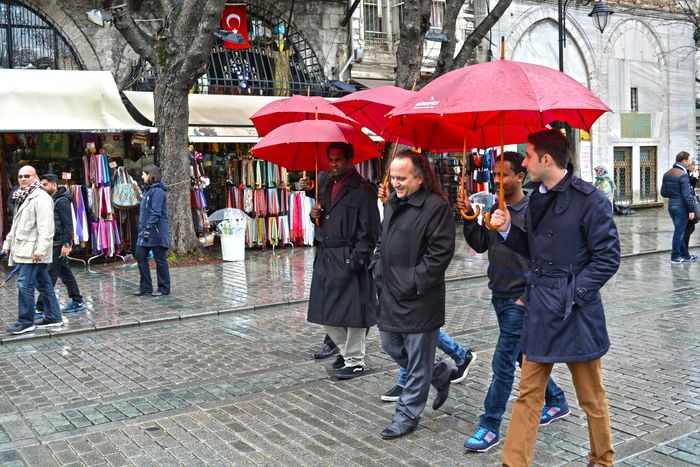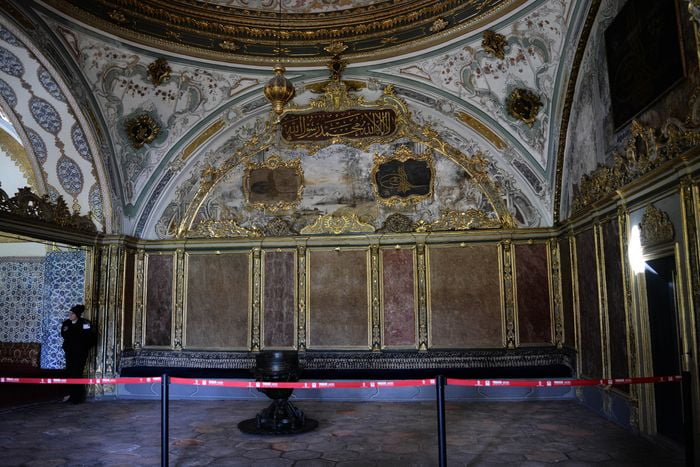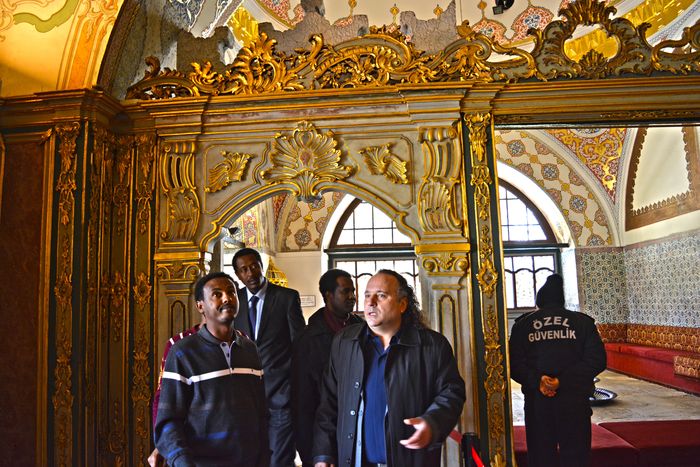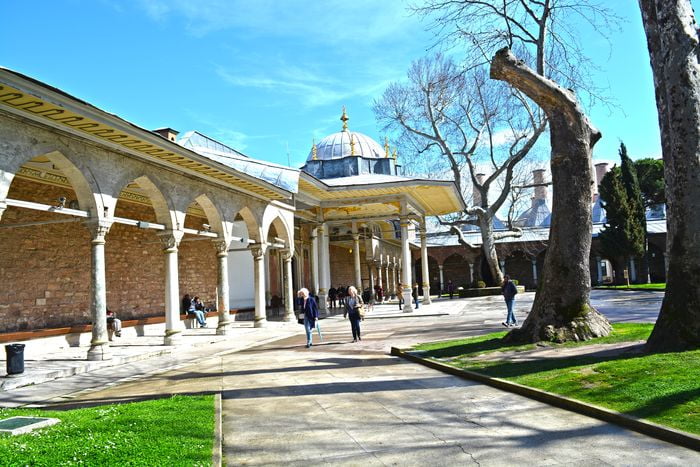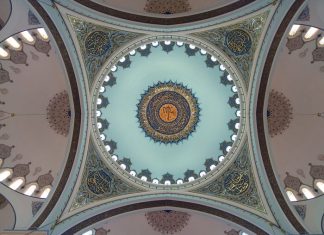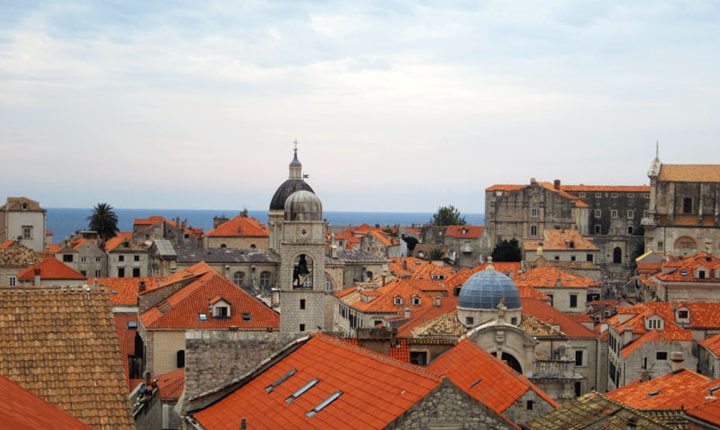Where do you find in the Old Testament or in the Gospel the Trinity, or consubstantiality, or one Godhead, or three persons, or the one substance of Christ, or His two natures, expressed in so many words? Still, as they are contained in what Scripture does say, and defined by the holy fathers, we receive them and anathematise those who do not. I prove to you that in the old law God commanded images to be made, first of all the tabernacle and everything in it.
Then in the gospel our Lord Himself said to those who asked Him, tempting, whether it was lawful to give tribute to Caesar, “Bring me a coin,” and they showed Him a penny. And He asked them whose likeness it was, and they said to Him, Caesar’s; and He said, “Give to Caesar that which is Caesar’s, and to God that which is God’s.” (Mt. 22.17-21) As the coin bears the likeness of Caesar, it is his, and you should give it to Caesar. So the image bears the likeness of Christ, and you should give it Him, for it is His.
Many kings and prophets
Our Lord called His disciples blessed, saying, “Many kings and prophets have desired to see what you see, and have not seen it, and to hear what you hear and have not heard it. Blessed are your eyes which see and your ears which hear.” (Mt. 13.16-17) The apostles saw Christ with their bodily eyes, and His sufferings and wonders, and they listened to His words. We, too, desire to see, and to hear, and to be blessed.
They saw Him face to face, as He was present in the body. Now, since he is not present in the body to us, we hear His words from books and are sanctified in spirit by the hearing, and are blessed, and we adore, honouring the books which tell us of His words. So, through the representation of images we look upon His bodily form, and upon His miracles and His sufferings, and are sanctified and satiated, gladdened and blessed.
Reverently we worship His bodily form, and contemplating it, we form some notion of His divine glory. For, as we are composed of soul and body, and our soul does not stand alone, but is, as it were, shrouded by a veil, it is impossible for us to arrive at intellectual conceptions without corporeal things. just as we listen with our bodily ears to physical words and understand spiritual things, so, through corporeal vision, we come to the spiritual. On this account Christ took a body and a soul, as man has both one and the other.
Read More about Coastal Bulgaria holidays
